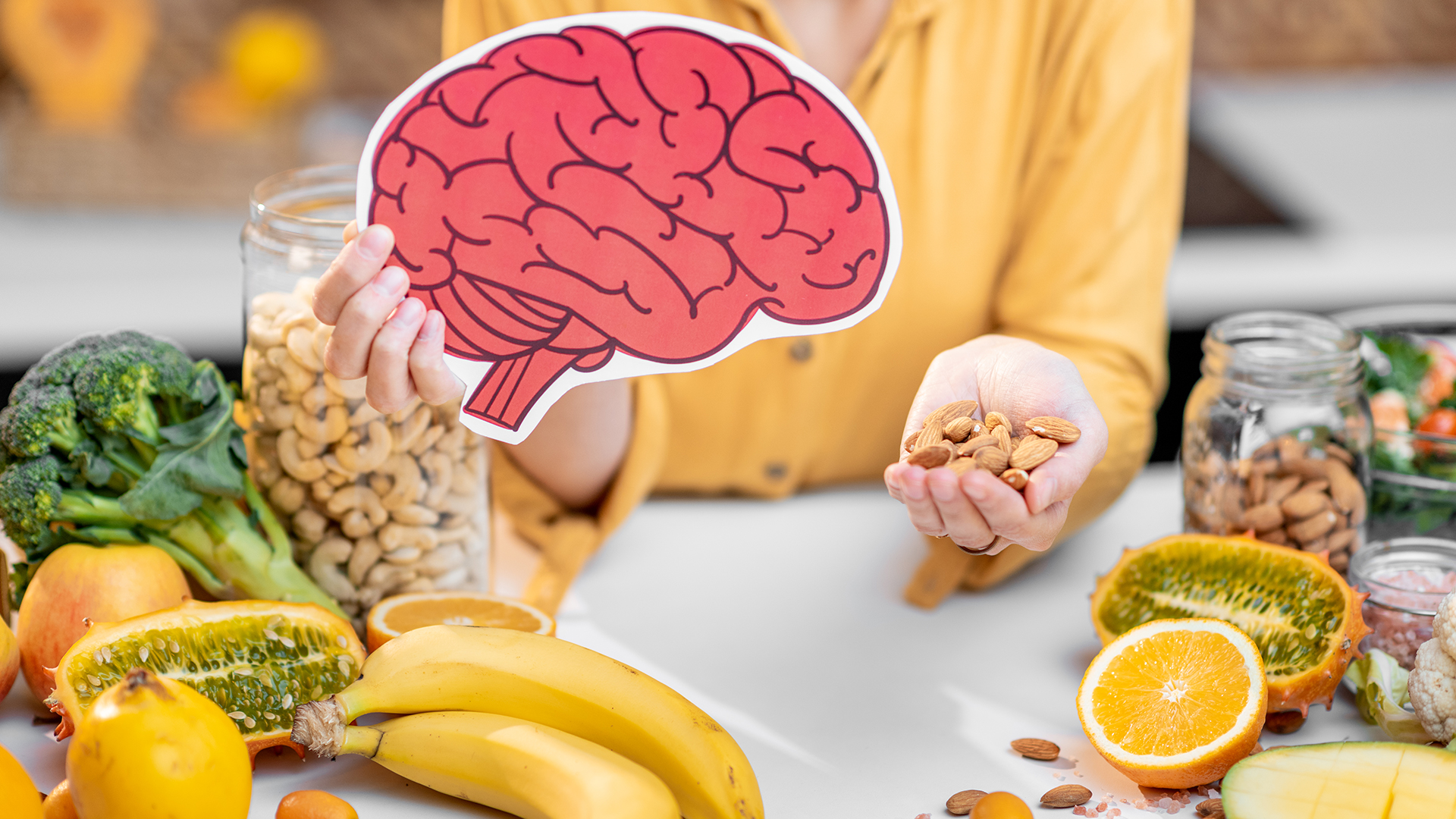
Nourishing Your Mind: The Vital Link Between Nutrition And Mental Health
The connection between nutrition and physical health is well-established, but the impact of diet on mental health is gaining increasing recognition. Emerging research suggests that the foods we consume play a crucial role in supporting brain function, mood regulation, and overall mental well-being. In this article, we explore the importance of nutrition for mental health and offer practical tips for incorporating brain-boosting foods into your diet.
Understanding the Gut-Brain Connection:
The gut-brain connection refers to the bidirectional communication between the gastrointestinal system and the brain. Emerging evidence suggests that the health of the gut microbiome, the community of microorganisms that inhabit the digestive tract, plays a significant role in mental health. Imbalances in gut bacteria have been linked to mood disorders such as depression and anxiety.
Nutrients That Support Mental Health:
- Omega-3 Fatty Acids: Omega-3 fatty acids, found in fatty fish like salmon, mackerel, and sardines, as well as walnuts, flaxseeds, and chia seeds, are essential for brain health. These fats are crucial for maintaining the integrity of cell membranes in the brain and supporting neurotransmitter function.
- Antioxidants: Antioxidants, found in colourful fruits and vegetables like berries, spinach, kale, and bell peppers, help protect the brain from oxidative stress and inflammation. Research suggests that a diet rich in antioxidants may reduce the risk of cognitive decline and improve mood.
- B Vitamins: B vitamins, including folate, vitamin B6, and vitamin B12, play a vital role in neurotransmitter synthesis and mood regulation. Sources of B vitamins include leafy greens, legumes, whole grains, eggs, poultry, and dairy products.
- Magnesium: Magnesium is involved in over 300 biochemical reactions in the body, including those that regulate mood and stress response. Foods rich in magnesium include nuts, seeds, legumes, whole grains, and leafy green vegetables.
- Probiotics: Probiotics are beneficial bacteria that support gut health and may have a positive impact on mood. Fermented foods like yoghurt, kefir, sauerkraut, and kimchi are excellent sources of probiotics.
- Complex Carbohydrates: Complex carbohydrates, such as whole grains, legumes, and starchy vegetables, provide a steady source of glucose to the brain. Consuming carbohydrates in moderation can help regulate mood and energy levels.
Foods to Limit or Avoid:
While certain foods support mental health, others may have a negative impact. Limiting or avoiding the following foods can help maintain optimal brain function and mood:
- Processed Foods: Processed foods high in refined sugars, unhealthy fats, and additives may contribute to inflammation and oxidative stress, negatively affecting mental health.
- Sugary Beverages: Sugary beverages like soda, energy drinks, and sweetened fruit juices can cause blood sugar spikes and crashes, leading to mood swings and fatigue.
- Trans Fats: Trans fats, found in fried foods, baked goods, and processed snacks, have been linked to an increased risk of depression and cognitive decline.
- Excessive Alcohol: Excessive alcohol consumption can disrupt neurotransmitter function, impair cognitive function, and contribute to mood disorders like depression and anxiety.
Practical Tips for Improving Mental Health Through Nutrition:
- Eat a Balanced Diet: Aim to include a variety of nutrient-dense foods in your diet, focusing on fruits, vegetables, whole grains, lean proteins, and healthy fats.
- Prioritise Omega-3s: Incorporate omega-3-rich foods like fatty fish, flaxseeds, and walnuts into your meals regularly.
- Increase Antioxidant Intake: Fill your plate with colourful fruits and vegetables to boost your antioxidant intake and protect brain health.
- Include Probiotic Foods: Incorporate fermented foods like yoghurt, kefir, and kimchi into your diet to support gut health and mood regulation.
- Stay Hydrated: Drink plenty of water throughout the day to stay hydrated and support overall brain function.
- Limit Processed Foods: Minimise your intake of processed foods high in refined sugars, unhealthy fats, and additives.
- Practice Mindful Eating: Pay attention to your body’s hunger and fullness cues, and practice mindful eating to savour and enjoy your meals.
- Seek Professional Guidance: Consult with a registered dietitian or nutritionist for personalised dietary recommendations tailored to your specific needs and goals.
Conclusion:
Nutrition plays a crucial role in supporting mental health and well-being. By prioritising nutrient-rich foods that support brain function and mood regulation and minimising the consumption of processed and unhealthy foods, you can nourish your mind and optimise your mental health. Incorporating these dietary principles into your daily life can contribute to improved mood, cognitive function, and overall quality of life. Remember that small changes in your diet can have a significant impact on your mental health, so start with manageable steps and gradually build habits that support your well-being.
